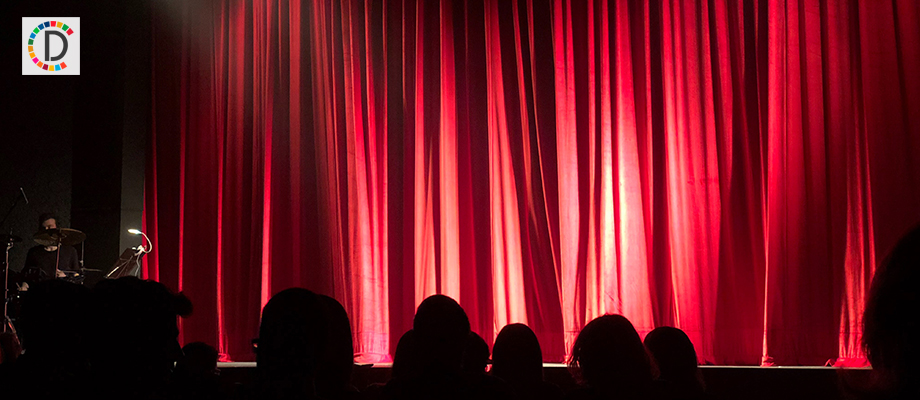AI and the Music Industry: A Battle Over Creativity and Copyright
Country musician Tift Merritt criticizes AI-generated music for lacking creativity and authenticity. Leading record labels have sued AI companies Suno and Udio for copyright infringement, claiming they misuse artists' recordings for training. The cases raise significant questions about fair use and the future of AI in the music industry.

Country musician Tift Merritt's criticism of AI-generated music underscores a growing concern within the music industry. Merritt, known for her ballad 'Traveling Alone,' believes AI creations lack the transformative quality of true artistry. 'It's stealing,' says the Grammy-nominated singer.
In response to these concerns, prominent record labels like Sony Music, Universal Music Group, and Warner Music have initiated lawsuits against AI companies Suno and Udio. The lawsuits accuse these companies of infringing copyright laws by using existing recordings to train their systems, effectively creating cheap imitations that siphon income from real artists.
The legal battles highlight unprecedented challenges for the courts, particularly around the concept of 'fair use.' These cases will test whether AI's use of copyrighted material can be justified as transformative under current copyright laws. As the lawsuits unfold, the music industry watches closely, aware that their outcomes could set critical precedents for the future of AI in the creative arts.
(With inputs from agencies.)










